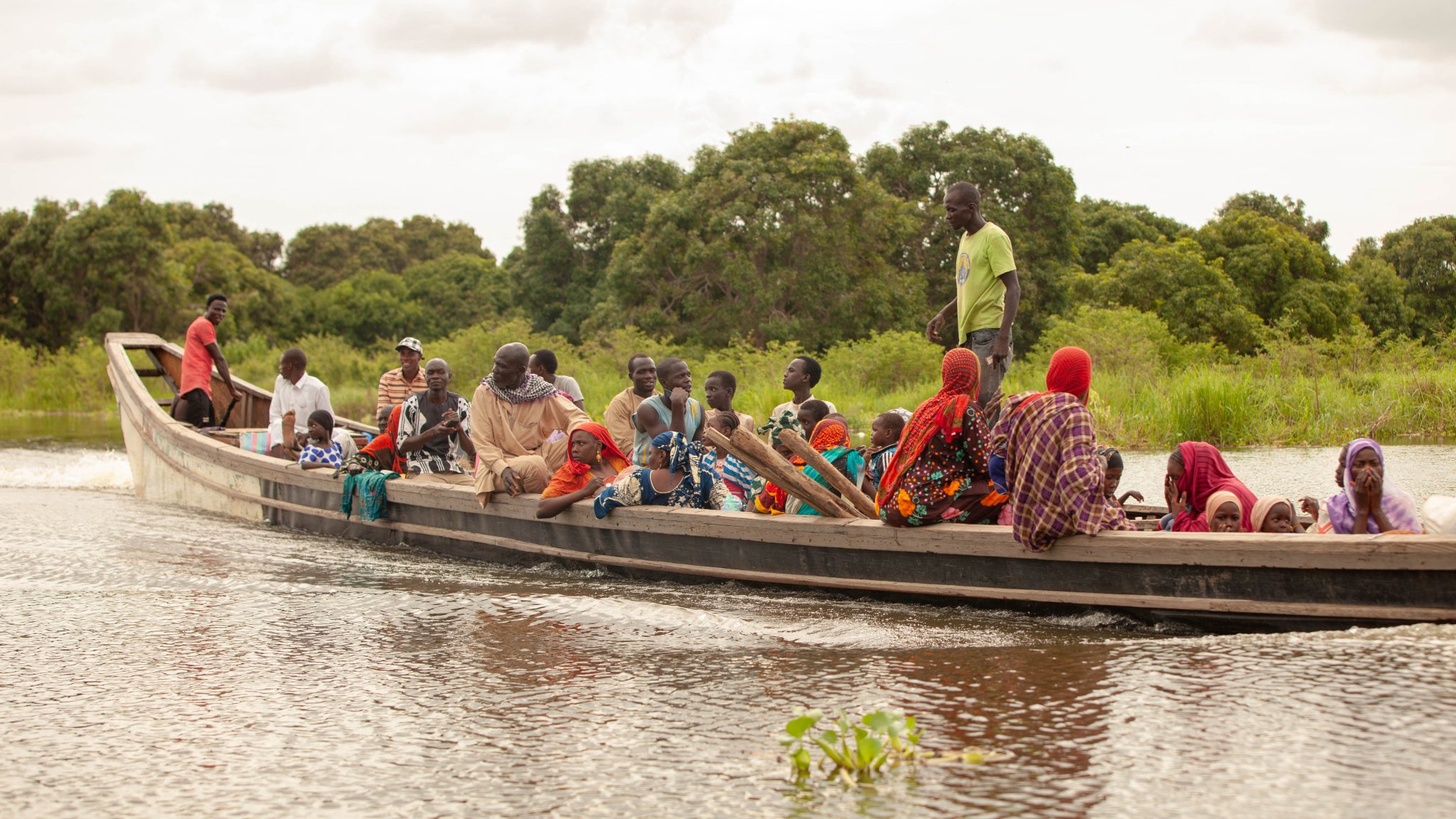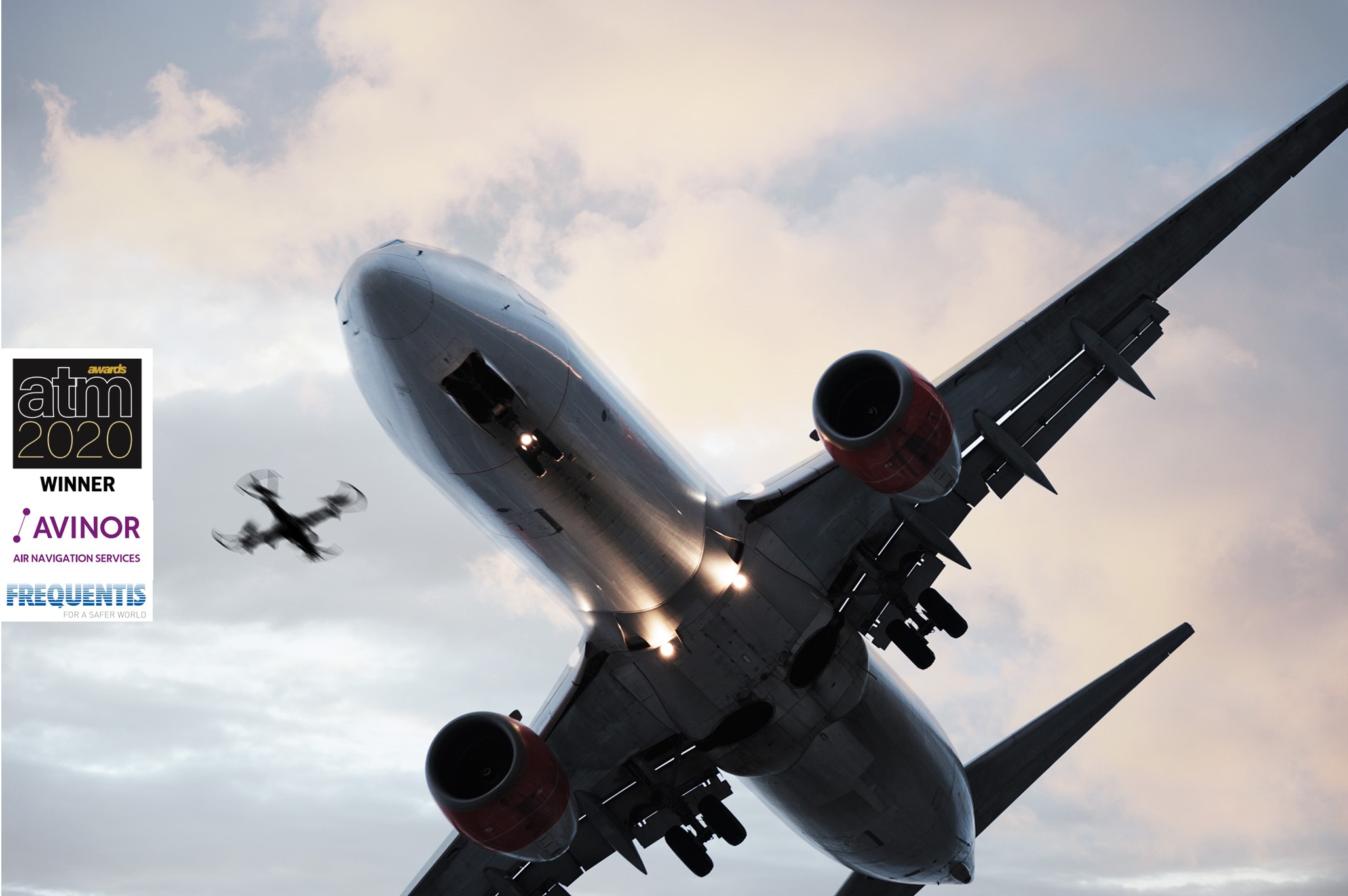Norway's air transport plays a crucial role in connecting the nation, facilitating business, tourism, and the transportation of goods and people around the country and worldwide. To ensure the sustainability and prosperity of Norway, Avinor, a state-owned enterprise, is dedicated to enhancing air connectivity, offering safe, effective, and environmentally friendly air travel.
Editor's Notes: "Avinor: Enhancing Air Connectivity For A Sustainable And Thriving Norway" have published today date. This topic is important to understand the significant role Avinor plays in connecting Norway and facilitating its economic and social development.
Through extensive analysis and research, we have compiled this guide on Avinor's initiatives to enhance air connectivity in Norway. This guide is intended to provide insights into Avinor's strategy, operations, and the positive impact it has on the nation's sustainability and prosperity.
Key Differences or Key Takeaways:
| Avinor | |
|---|---|
| Role | State-owned enterprise responsible for operating Norway's airports |
| Mission | Enhance air connectivity for a sustainable and thriving Norway |
| Focus | Safe, efficient, and environmentally friendly air travel |
| Impact | Facilitates business, tourism, and transportation, contributing to Norway's economy and social development |
Transition to main article topics
FAQ
Seeking to promote a sustainable Avinor: Enhancing Air Connectivity For A Sustainable And Thriving Norway and to support the growth of the nation, Avinor has compiled a series of frequently asked questions (FAQs) and their respective answers.

Avinor's remote tower centre - Source www.internationalairportreview.com
Question 1: What is the significance of air connectivity for Norway?
Answer: Air connectivity plays a crucial role in Norway's economic growth and social development, facilitating business travel, tourism, and access to vital services.
Question 2: How does Avinor contribute to sustainable air travel?
Answer: Avinor prioritizes the reduction of environmental impact through initiatives such as investing in renewable energy sources, optimizing airspace management, and collaborating with airlines to promote sustainable practices.
Question 3: What are the key challenges facing air connectivity in Norway?
Answer: Norway's unique geography and vast distances present challenges for air travel, including the need for efficient infrastructure, connectivity to remote areas, and addressing seasonal variations.
Question 4: How does Avinor address the needs of regional airports?
Answer: Avinor recognizes the importance of regional airports and works to ensure their sustainability and viability by providing essential infrastructure, supporting commercial operations, and exploring alternative modes of transport.
Question 5: What is Avinor's role in digitalization and innovation?
Answer: Avinor embraces technological advancements to enhance air traffic management, improve passenger experience, and explore new solutions for sustainable air travel.
Question 6: How can the public contribute to sustainable air travel?
Answer: Individuals can contribute by choosing direct flights when possible, considering travel during off-peak hours, packing efficiently to reduce aircraft weight, and supporting airlines with strong sustainability commitments.
By addressing these concerns, Avinor aims to ensure that air connectivity continues to be a driving force for Norway's prosperity and well-being.
Explore more about Avinor's initiatives and commitments to sustainable air travel here.
Tips by "Avinor: Enhancing Air Connectivity For A Sustainable And Thriving Norway"
To enhance air connectivity, Avinor, a Norwegian state-owned company responsible for operating airports, provides tips to promote sustainability and economic growth. Here are some notable recommendations:
Tip 1: Prioritize Sustainable Practices
Implement environmental initiatives to reduce emissions and contribute to a greener industry. Explore the use of electric and hybrid aircraft, optimize flight paths for fuel efficiency, and invest in renewable energy sources at airports.
Tip 2: Collaborate with Regional Stakeholders
Foster partnerships with local businesses, tourism operators, and educational institutions. Develop tailored air services that align with regional economic needs, supporting industries such as tourism, business, and education.
Tip 3: Utilize Technology for Optimization
Implement advanced technologies to improve flight efficiency, reduce delays, and enhance passenger experience. Explore air traffic management systems, digital baggage handling, and mobile boarding passes to streamline operations and minimize inconvenience for travelers.
Tip 4: Promote Market Access and Competitiveness
Facilitate market access for carriers by providing incentives, reducing landing fees, and simplifying regulatory processes. Foster competition to encourage airlines to offer competitive fares and expand route networks, benefiting consumers and businesses.
Tip 5: Invest in Infrastructure Development
Modernize and expand airport infrastructure to meet growing demand and evolving travel needs. Construct new runways, upgrade terminals, and improve ground transportation options. These investments enhance capacity, connectivity, and accessibility.
By implementing these tips, policymakers and industry stakeholders can contribute to enhancing air connectivity, promoting sustainability, and fostering economic growth in Norway.
Additional tips to enhance air connectivity and support sustainability:
- Explore innovative aircraft designs and propulsion systems to reduce carbon emissions.
- Support research and development to advance sustainable aviation fuels and technologies.
- Promote multi-modal transportation, integrating air travel with rail and bus services.
Avinor: Enhancing Air Connectivity For A Sustainable And Thriving Norway
Avinor, as an entity, plays a crucial role in solidifying Norway's position as a thriving and globally connected nation. Its efforts manifest in the form of enhanced accessibility, bolstering sustainable practices, and securing long-term prosperity.
- Efficient Network: Optimizing infrastructure and operations to ensure seamless air travel within Norway.
- International Gateway: Connecting Norway to global destinations, fostering business, tourism, and cultural exchange.
- Sustainable Operations: Implementing eco-friendly practices to minimize environmental impact, mitigating the carbon footprint of air travel.
- Regional Development: Supporting economic growth and social progress in all regions of Norway.
- Innovation and Technology: Exploring cutting-edge solutions to enhance efficiency, safety, and passenger experience.
- Community Engagement: Collaborating with local communities to minimize noise impact and foster sustainable development around airports.
The aforementioned aspects are interdependent, collectively contributing to Avinor's mission of enhancing air connectivity. By presenting Norway as an accessible and sustainable destination, Avinor fosters economic growth, facilitates international cooperation, and strengthens communities, ultimately contributing to the nation's prosperity and well-being.

Achim Steiner on Twitter: "Enhancing #UrbanResilience is key to - Source twitter.com

FREQUENTIS and Avinor win Air Traffic Management award for ATM/UTM - Source www.frequentis.com
Avinor: Enhancing Air Connectivity For A Sustainable And Thriving Norway
The connection between enhancing air connectivity and fostering a sustainable and thriving Norway is multifaceted. Improved air connectivity enables efficient and reliable transportation of people and goods, facilitating business operations, tourism, and cultural exchange. This, in turn, drives economic growth and creates employment opportunities. For instance, Avinor's investment in modernizing airports and expanding route networks has led to increased tourism and foreign investment in Norway, contributing to its economic prosperity.

How can Artificial Intelligence be Used to Achieve Sustainable - Source sinay.ai
Furthermore, enhanced air connectivity promotes social cohesion and access to essential services. Regions connected by air can share resources, collaborate on projects, and provide support in times of need. Norway's extensive airport network ensures that even remote areas have access to healthcare, education, and cultural institutions. This plays a vital role in reducing regional disparities and fostering a more equitable society.
The environmental impact of air travel is a vital consideration in promoting sustainability. Avinor has implemented initiatives to reduce emissions, such as transitioning to electric ground handling equipment and investing in sustainable aviation fuels. By balancing air connectivity with environmental stewardship, Norway can maintain its economic vitality while mitigating its impact on the planet.
Ultimately, the connection between air connectivity, sustainability, and Norway's prosperity is symbiotic. By investing in efficient and environmentally conscious air transportation infrastructure, Avinor fosters a virtuous cycle of economic growth, social progress, and environmental preservation.
Table: Key Points
| Improved air connectivity drives economic growth |
| Increased tourism and foreign investment |
| Enhanced social cohesion and access to essential services |
| Reduced regional disparities |
| Sustainable aviation practices minimize environmental impact |